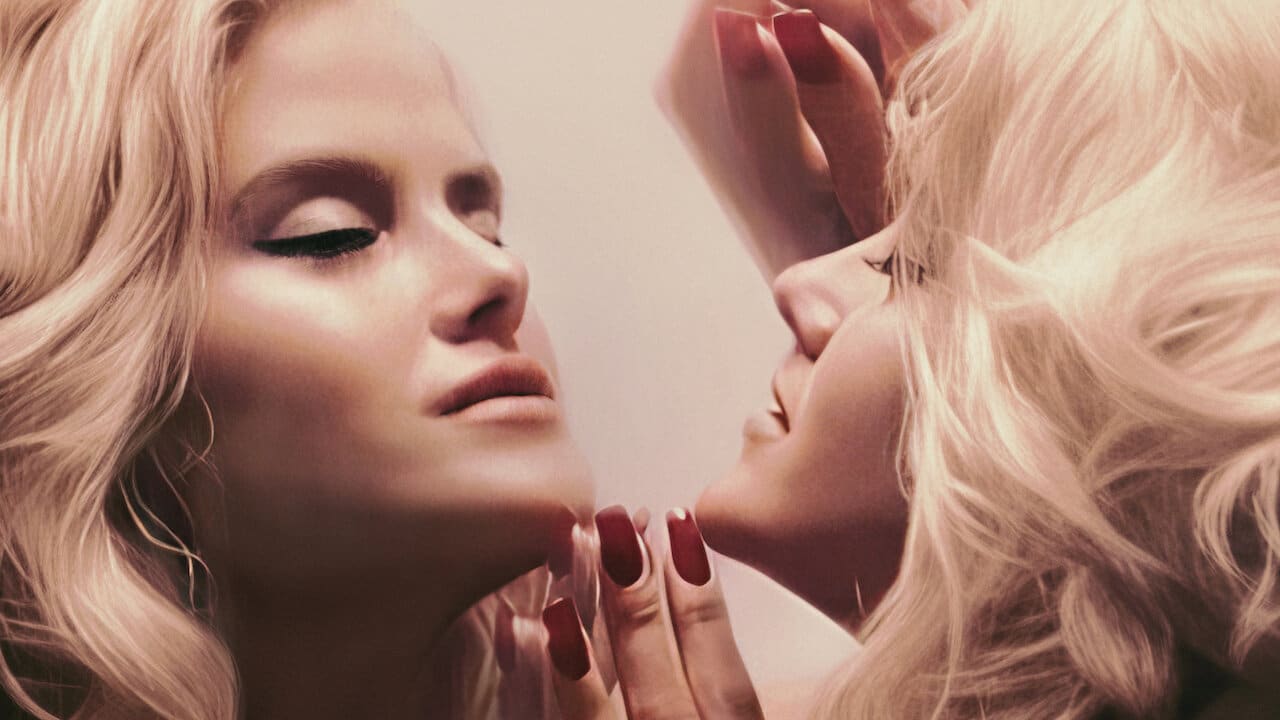Netflix doc seeks to reclaim model’s legacy, despite problematic contributors says DAISY MCMANAMAN
Who was Anna Nicole Smith? In a new Netflix documentary, Anna Nicole Smith: You Don’t Know Me, director Ursula Macfarlane weaves a tragic web from complex, at times conflicting, accounts of the life of the infamous model.
You Don’t Know Me documents the unravelling of Smith’s public image, from small-town girl to Playboy playmate and Guess model, to “gold digger” and “white trash”. From reality television star to American tragedy.
Born Vickie Lynn Hogan, Smith spent most of her childhood in the small Texan town of Mexia. Moving to Houston aged 19 to seek a better life to support her young son, Daniel, Smith worked as a stripper, eventually saving up enough money to afford a breast augmentation.
This surgery helped to secure her stardom as she crafted an image for herself as a larger-than-life vision of hyper femininity. But it also helped seal her fate.
Back pain from her breast augmentation led Smith to abuse prescription drugs for the rest of her life.
In 1991, while stripping in Houston, Smith met billionaire Texan oil tycoon J. Howard Marshall, who was 63 years her senior.
In return for her company, Marshall looked after Smith and her son financially. Though Smith was frequently dubbed a gold-digger in the media coverage of the couple, in You Don’t Know Me, the relationship is depicted as genuinely caring. Smith refused to marry Marshall until she had made a name for herself.
Playboy magazine was the catalyst for Smith’s rise to fame. First featured on its cover in March 1992, Smith was quickly made playmate of the month in May, before winning playmate of the year in 1993.
Smith became one of Playboy’s most prolific models, and led to other modelling jobs, most notoriously for fashion brand Guess. Smith’s goddess-like figure, splashed across H&M lingerie billboards, even reportedly caused a number of car accidents in Norway.
Smith’s life was also couched with tragedy. The documentary charts a lengthy and fruitless series of court cases over her deceased husband’s fortune, her brutal and misogynistic treatment in the media and both her son’s fatal overdose in 2006 and her own the following year, aged just 39.
It’s hard to get a true sense of Smith’s life and character. Her reputation has been largely shaped by a misogynistic media culture. Celebrity women are frequently criticised in the British and American press, particularly those who dare to exist outside the western norms of feminine acceptability and desirability.
In one particularly striking clip, American radio presenter Howard Stern asks Smith to be publicly weighed, for the entertainment of his viewers.
While Macfarlane successfully calls attention to how unfairly the media treated Smith, it’s troubling how the documentary treats Smith’s lawyer, Howard K Stern with neutrality.
Stern was accused of being complicit in the drug abuse that led to her death. He was found guilty of illegally providing Smith with prescription drugs in 2009, before having his conviction overturned in 2011.
Her doctor, Sandeep Kapoor, who was acquitted of over-prescribing drugs to Smith in 2010, is also featured in the documentary, describing how he pulled strings to provide a heavily pregnant Smith with methadone in the Bahamas.
In his 2017 memoir, Trust Me, I’m A Doctor: My Life Before, During and After Anna Nicole Smith, Kapoor claimed that while he knew Smith misused drugs, he wasn’t aware of her addiction.
Smith’s ex-boyfriend Larry Birkhead and their 16-year-old daughter Dannielynn Birkhead refused to take part in the documentary, saying that they withdrew over disagreements with production over who would or would not be its participants. Birkhead claims to be working on his own documentary of Smith’s life, utilising her archives to “let Anna tell her own story”.
You Don’t Know Me presents the pieces of a complicated legacy. Though the cultural fascination surrounding Smith means audiences are eager to learn about the “real her”, she is no longer alive to tell her own story – or refute those told about her.
Daisy McManaman is a PhD Candidate, Centre for Women’s Studies, University of York. This article is republished from The Conversation under a Creative Commons licence







Click here to change your cookie preferences